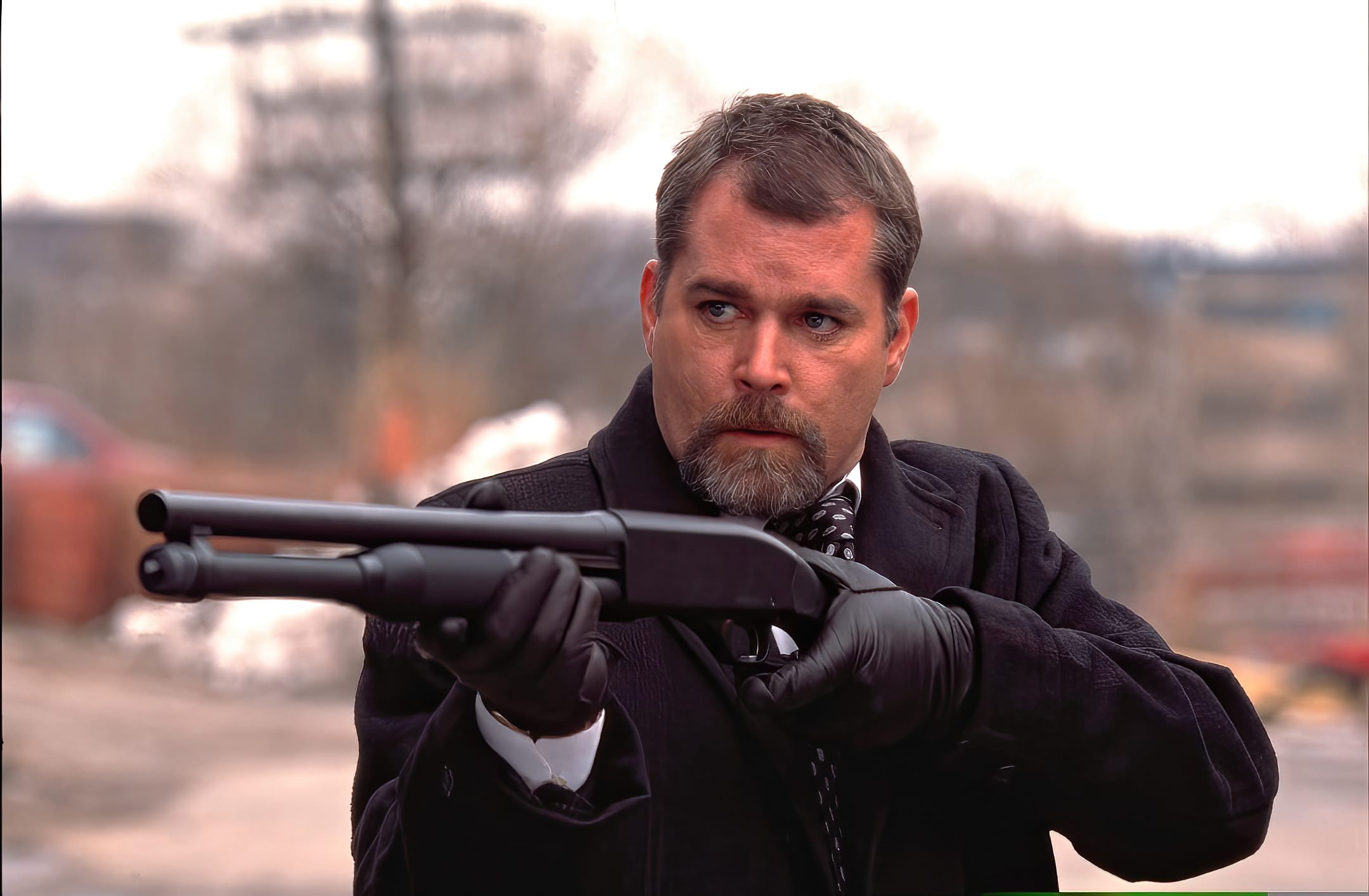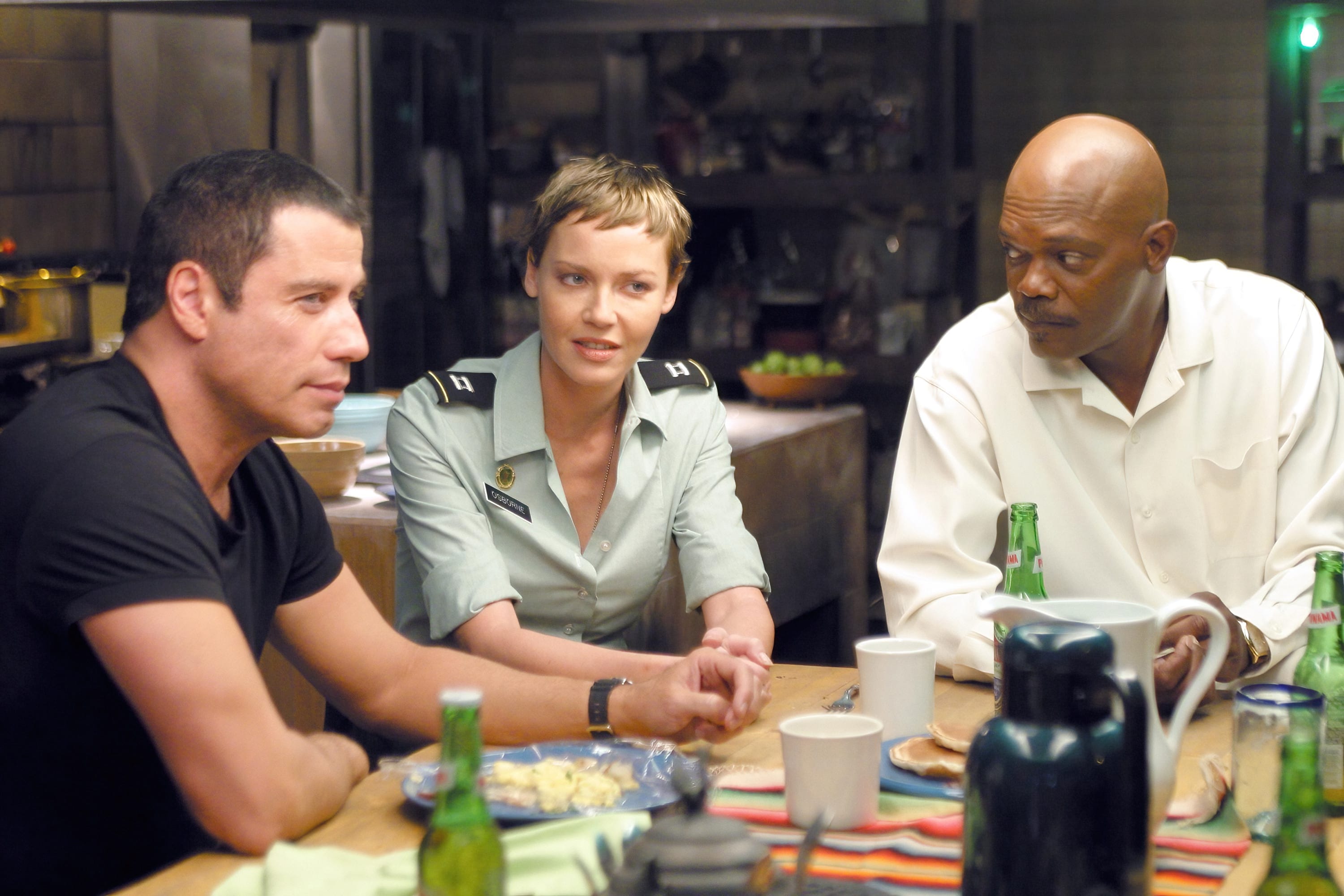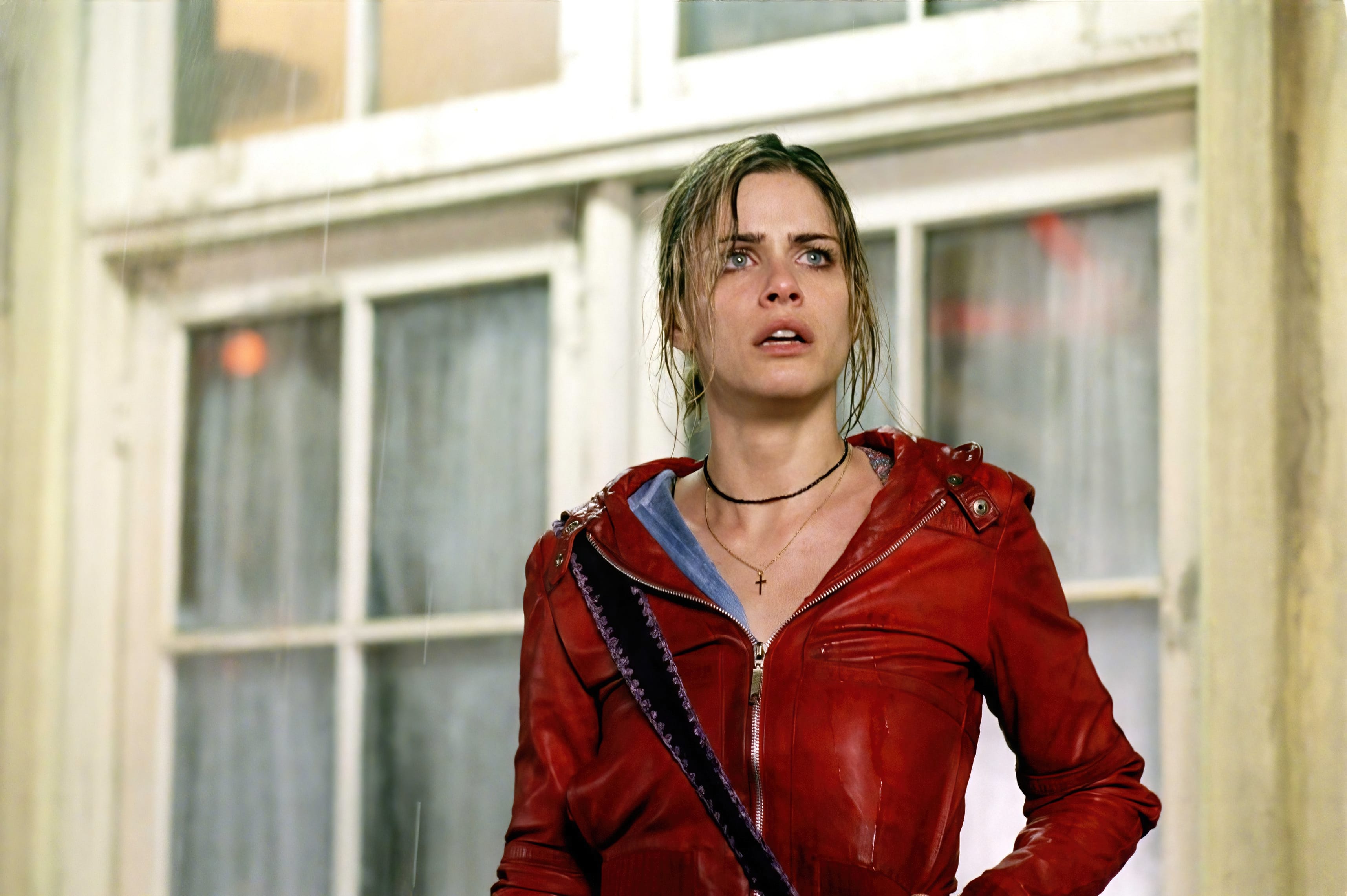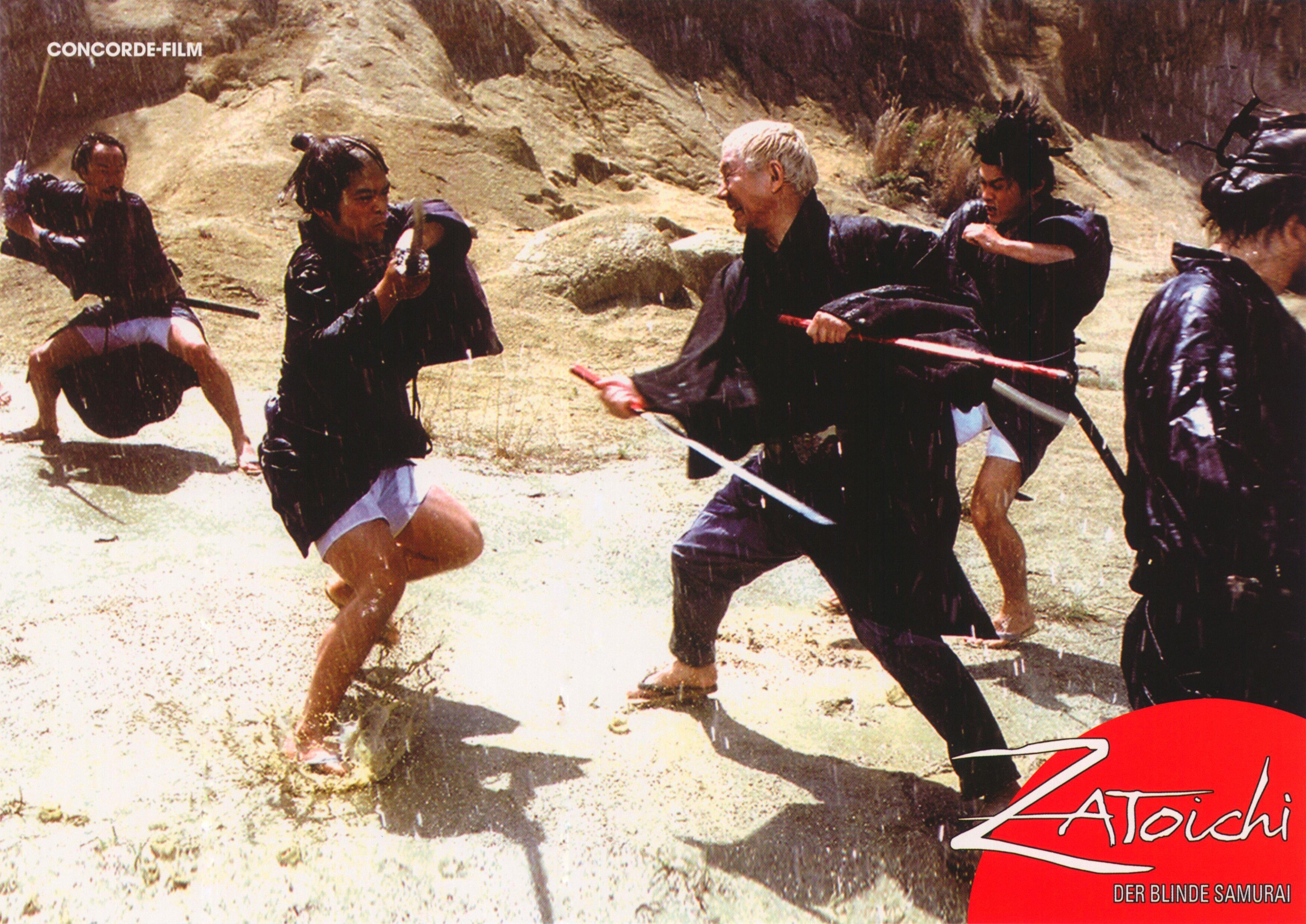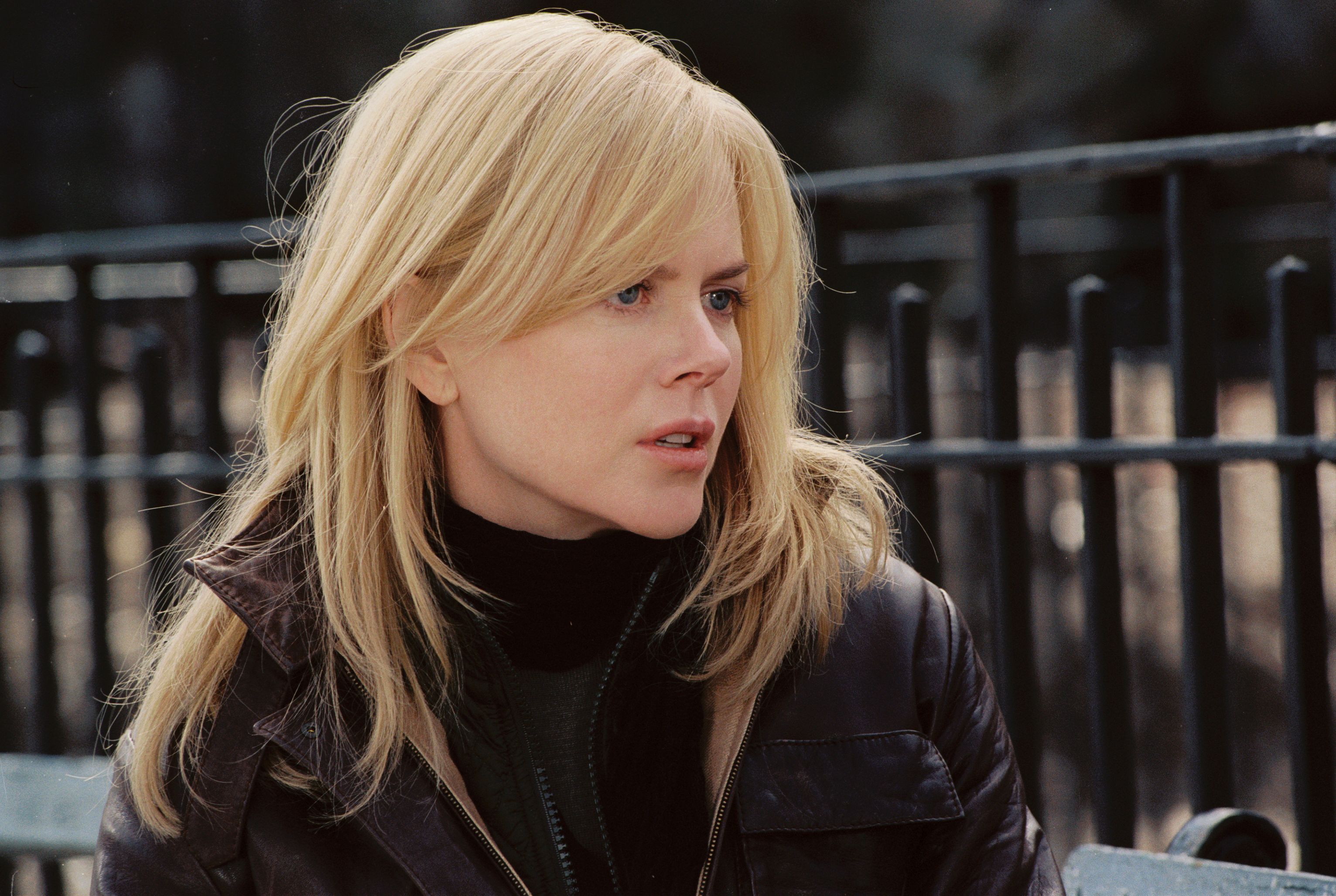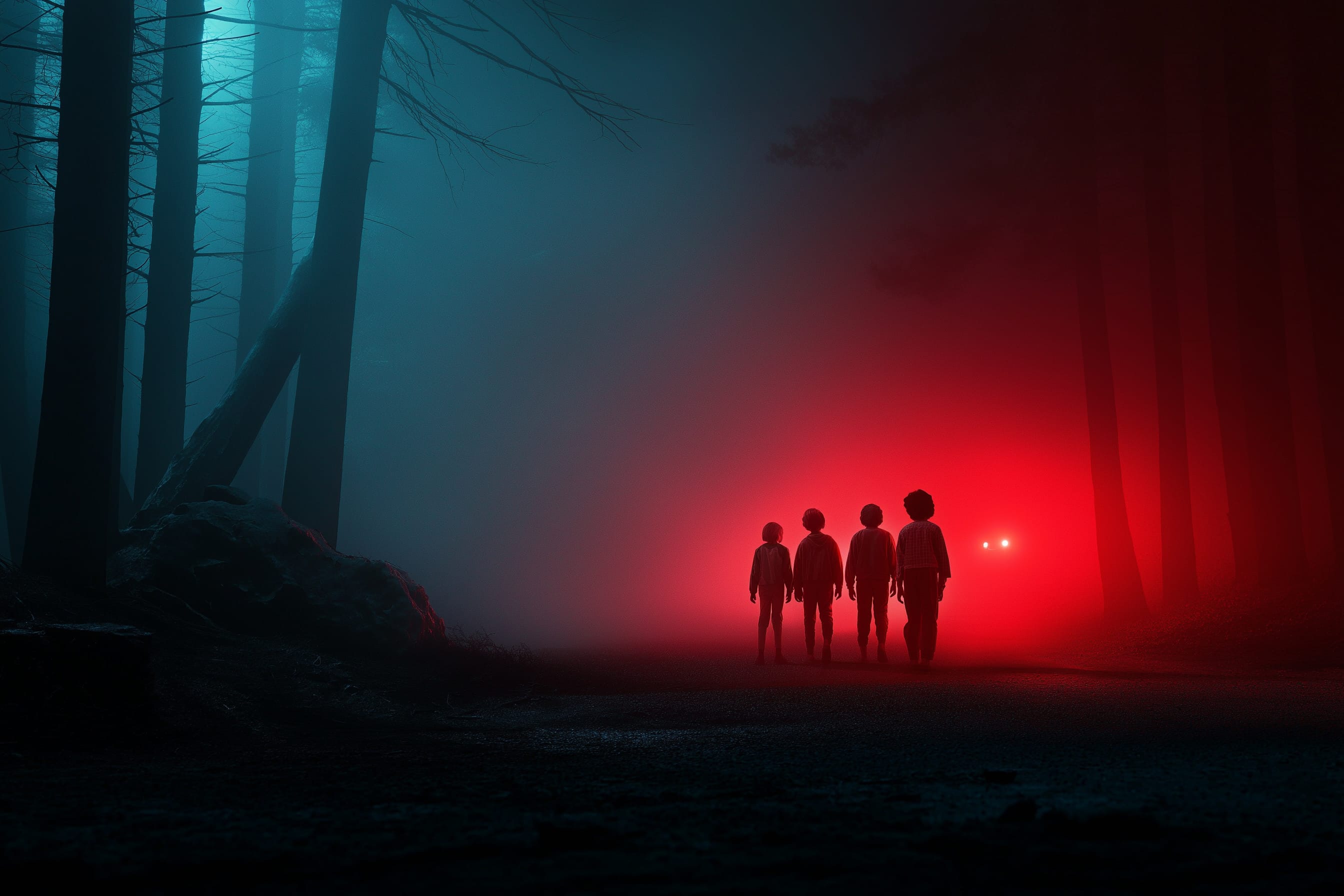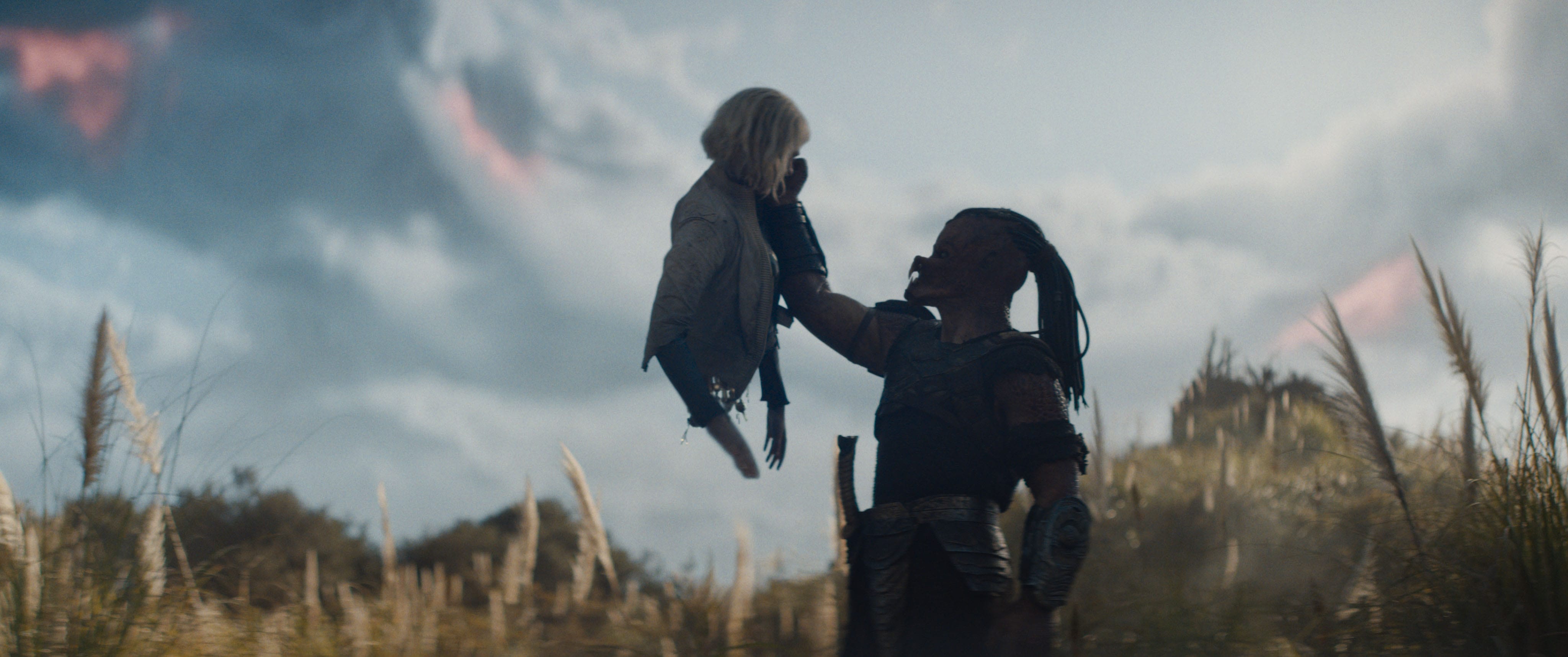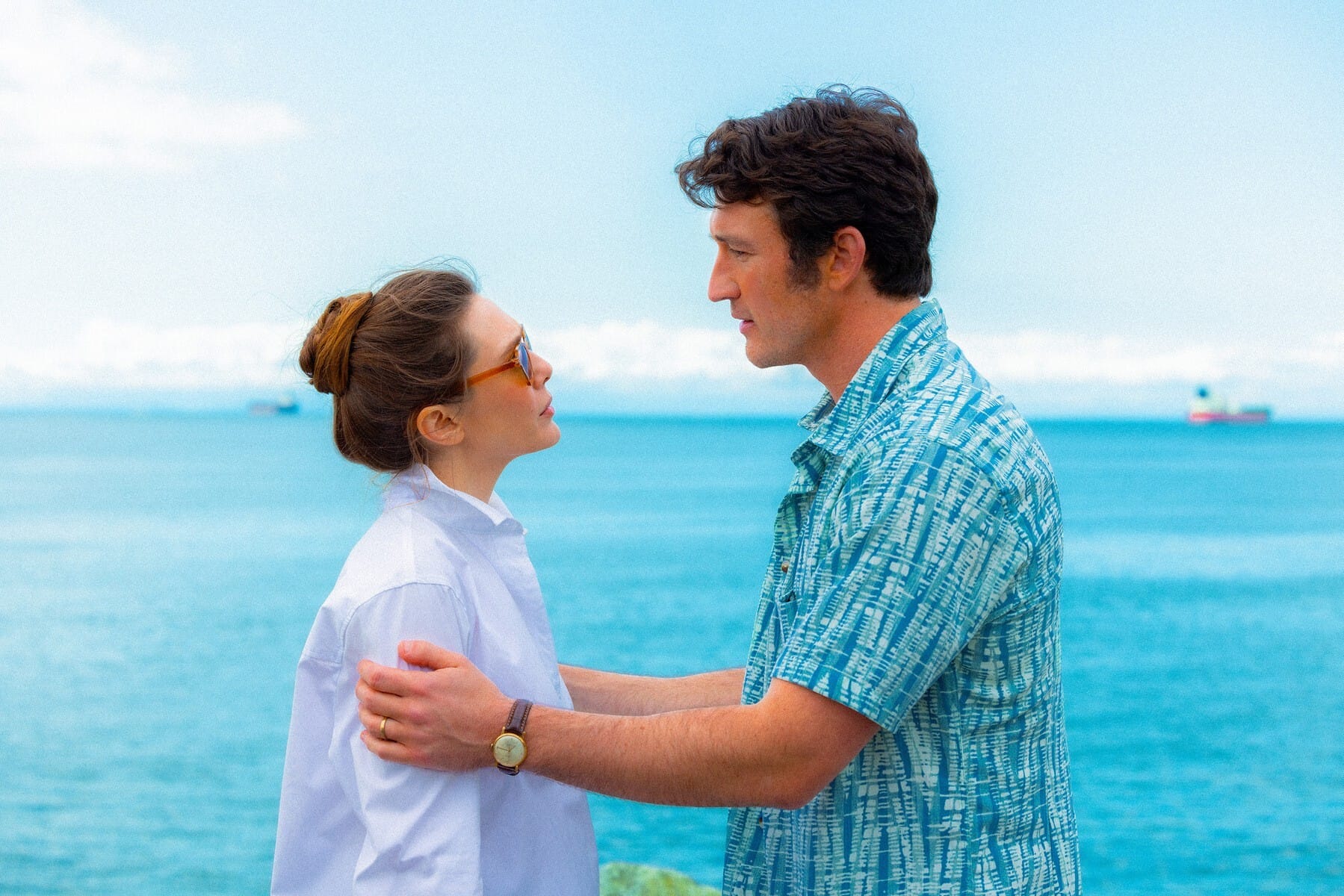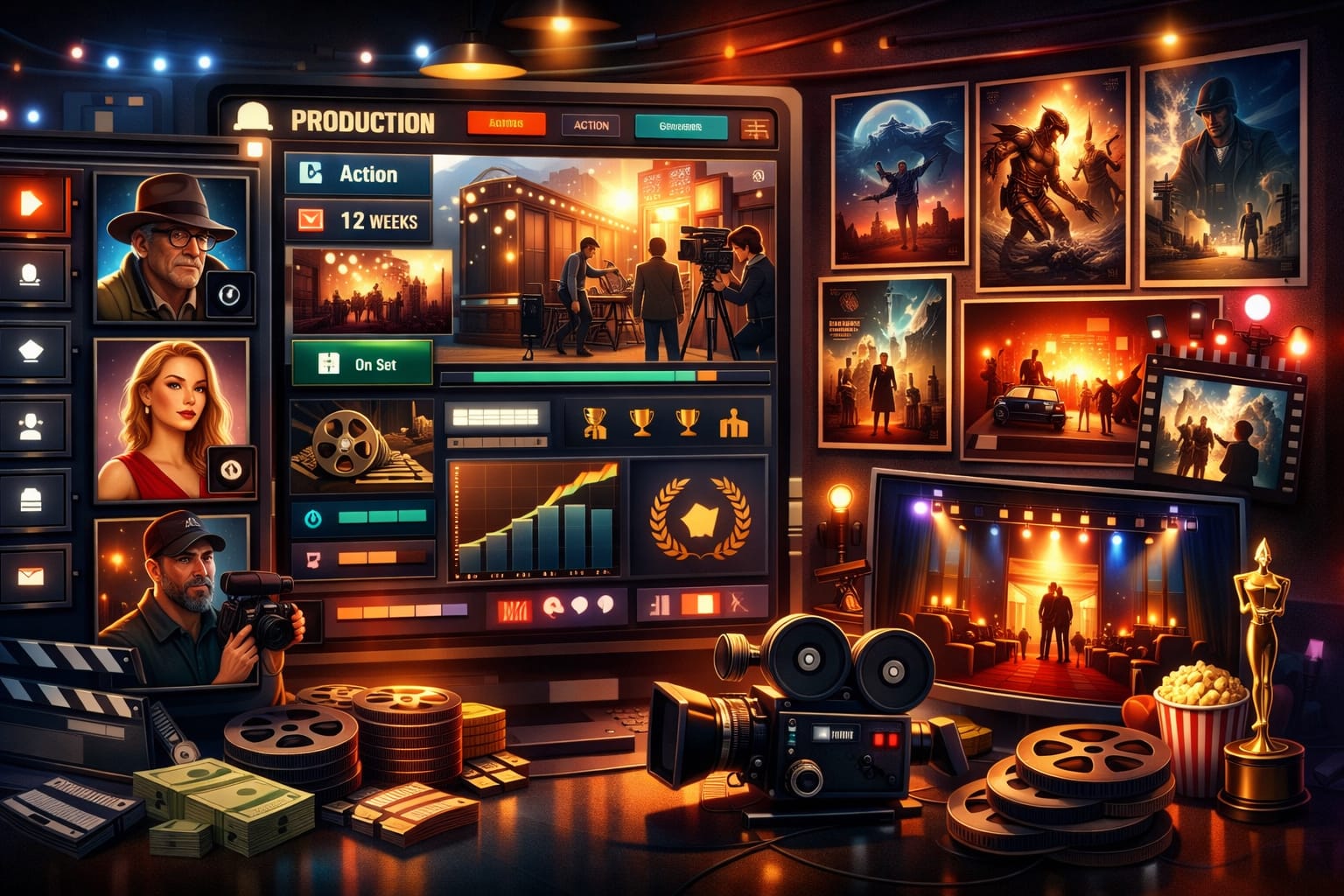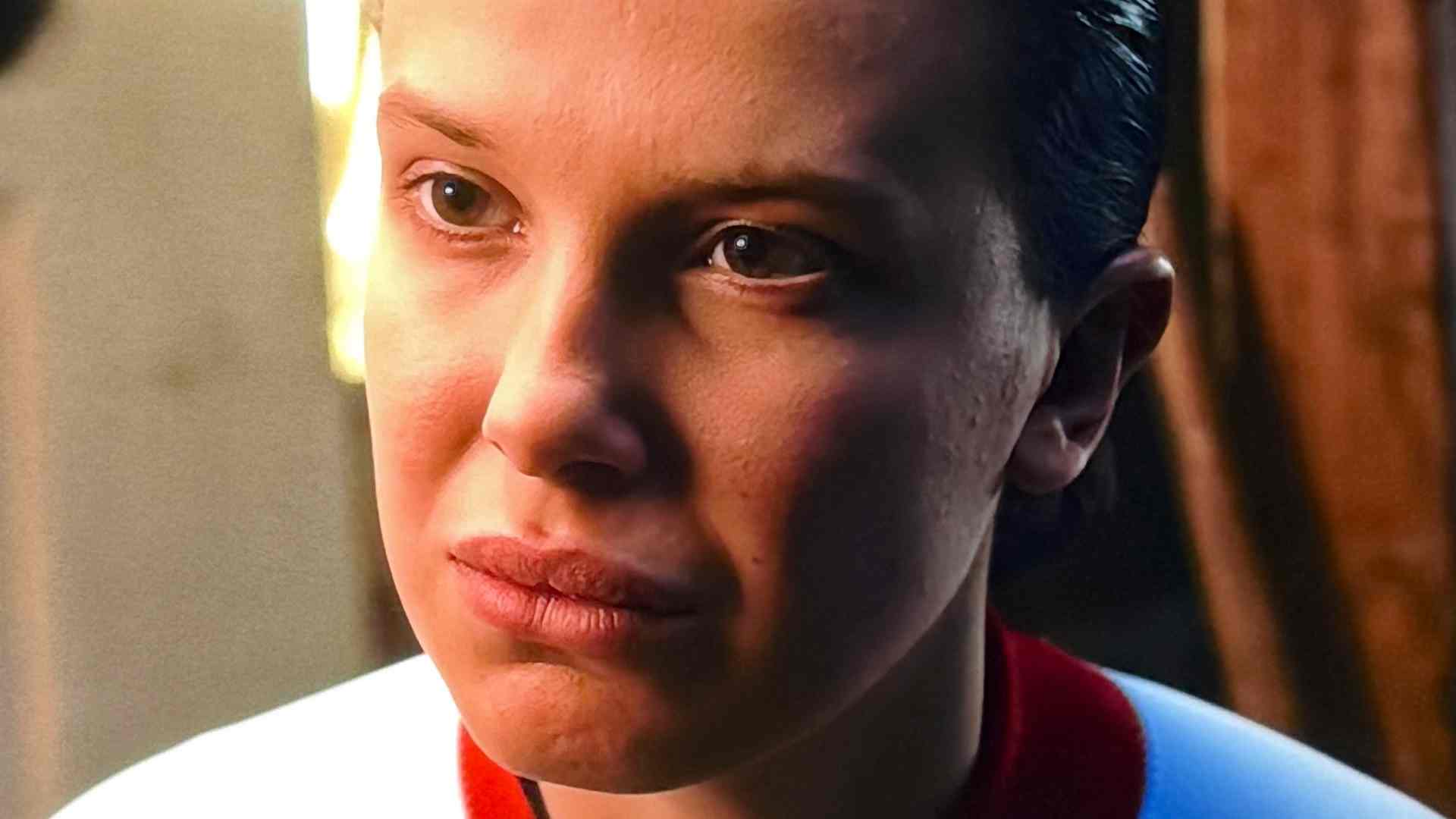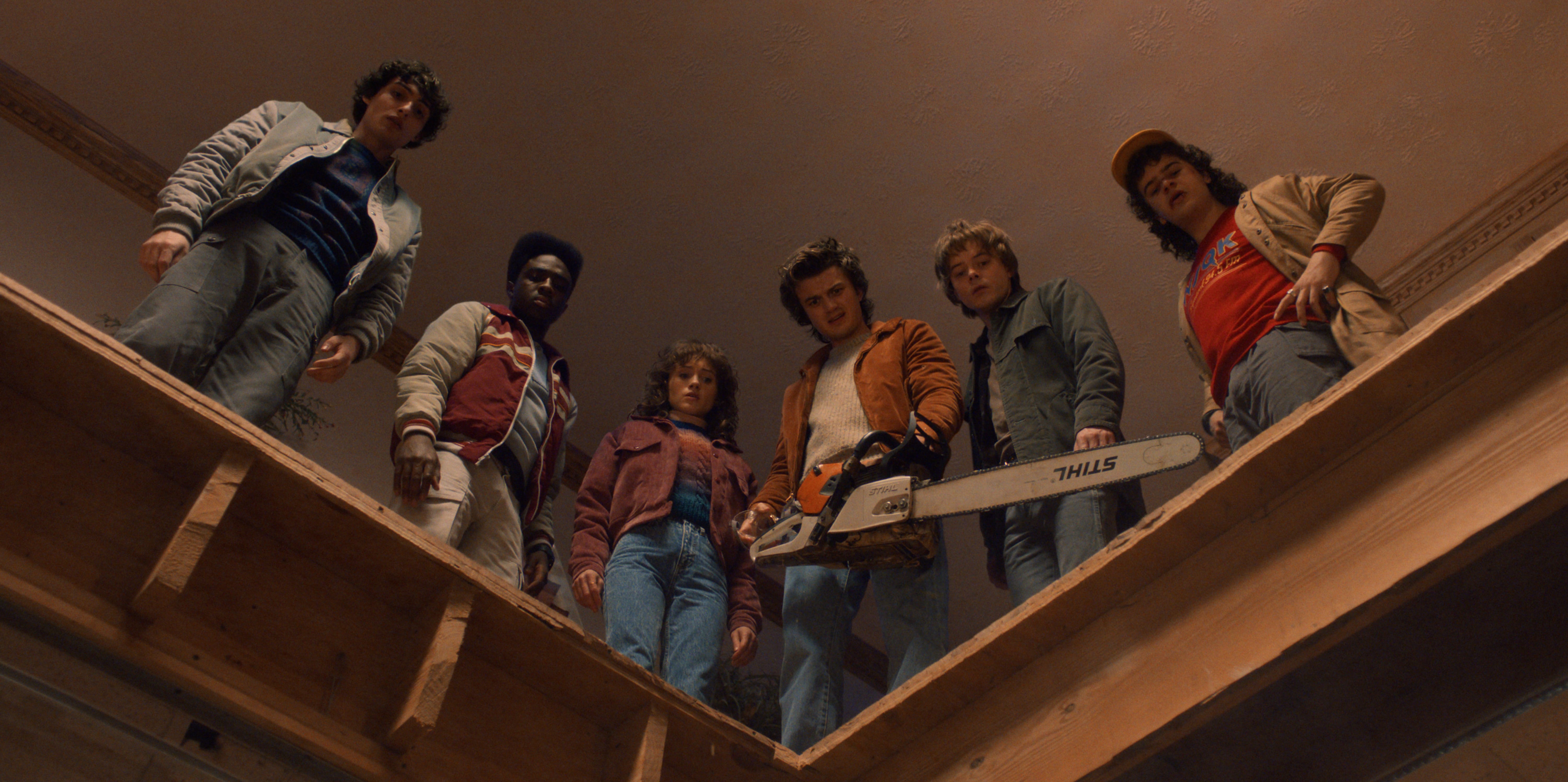
END OF DAYS (1999): A Dark, Apocalyptic Thriller That Proves Arnold Isn’t Afraid to Take Risks
By the late 1990s, Arnold Schwarzenegger was at an interesting crossroads in his career. After dominating the action genre with films like The Terminator (1984), Predator (1987), and True Lies (1994), audiences had come to expect a certain type of role from him: the invincible action hero, larger-than-life, unstoppable, and morally unshakable. But with End of Days (1999), Arnold took a bold turn, portraying a deeply flawed and broken character who grapples with faith, guilt, and the literal forces of Hell.
Directed by Peter Hyams (A Sound of Thunder), End of Days is a dark, apocalyptic thriller that blends action, horror, and philosophical musings about faith, redemption, and the battle between good and evil. While it’s a far cry from Arnold’s earlier blockbusters, the film’s willingness to break the mold, its haunting atmosphere, and Schwarzenegger’s surprisingly vulnerable performance make it one of his most intriguing and underrated movies.
A Role Unlike Any Other: Arnold as a Broken Man
In End of Days, Arnold plays Jericho Cane, a former NYPD detective turned private security guard, who’s drowning in guilt and grief after losing his wife and daughter to a tragic murder. Far from the perfect action hero audiences had grown accustomed to, Jericho is a broken man who numbs his pain with alcohol and self-loathing. In one memorable scene, he blends cold coffee, leftover Chinese food, and a slice of pizza into a revolting breakfast smoothie—a visual metaphor for the state of his life.
This isn’t the Arnold of Commando (1985) or Terminator 2: Judgment Day (1991), where he plays nearly indestructible characters. Jericho is flawed, human, and vulnerable—a man whose struggles feel real, even as he faces supernatural threats. It’s a precursor to the more introspective roles Arnold would later take in films like Maggie (2015) and Aftermath (2017), where he played grief-stricken, morally complex characters navigating loss and redemption.
What makes Jericho particularly compelling is his spiritual journey. At the start of the film, he’s a cynical atheist who mocks religion and questions the existence of God. But as he’s drawn into a battle against Satan himself, Jericho begins to confront his own beliefs—or lack thereof—and finds himself grappling with questions about faith, destiny, and the nature of evil.
A Philosophical Core Beneath the Action
While End of Days is often remembered for its apocalyptic action and horror elements, it’s surprisingly philosophical when you strip it down to its bare bones. At its heart, the film is about the eternal struggle between good and evil, both on a cosmic scale and within the human soul.
Jericho’s battle against Satan is as much internal as it is external. Haunted by his failures, he’s a man who’s given up on the idea of hope or redemption. His journey is less about defeating Satan (played with sinister charisma by Gabriel Byrne) and more about finding the strength to believe in something greater than himself—whether that’s faith, love, or simply the will to keep fighting.
The film raises questions about free will, the nature of evil, and the role of faith in the face of despair. Satan’s arguments—that humanity is inherently corrupt, that God has abandoned the world—are disturbingly persuasive, forcing both Jericho and the audience to confront uncomfortable truths. Yet, the film ultimately champions the idea of self-sacrifice and redemption, as Jericho makes a choice that proves the power of human goodness in the face of overwhelming darkness.
A Troubled Production with an Intriguing Backstory
The journey to bring End of Days to life was almost as dramatic as the film itself. Originally, the role of Jericho Cane was offered to Tom Cruise, but he turned it down in favor of Magnolia (1999). Other actors considered for the role included Brad Pitt and Nicolas Cage, but when Arnold signed on, the project took on a new direction.
Director Peter Hyams, known for his atmospheric sci-fi thrillers, was brought in to helm the movie. His signature style—dark, moody lighting and claustrophobic set pieces—perfectly suited the film’s apocalyptic tone. However, the production faced significant challenges, including script rewrites and creative clashes.
Despite these hurdles, End of Days came together as a uniquely ambitious film that blends genres in unexpected ways. It’s part action movie, part horror film, and part existential drama—a combination that confused some audiences at the time but has aged surprisingly well.
Gabriel Byrne’s Devilishly Good Performance
A movie like End of Days lives or dies by its villain, and Gabriel Byrne delivers one of the most memorable portrayals of Satan in modern cinema. Byrne’s take on the Devil is equal parts suave and sinister—a charming manipulator who tempts his victims with dark truths and seductive promises.
Unlike many portrayals of Satan, Byrne’s version isn’t a cackling cartoon villain. He’s disturbingly human, which makes his evil feel all the more real. His confrontations with Jericho crackle with tension, as he tries to break the broken cop’s spirit with a mix of threats, temptations, and philosophical arguments.
An Underrated Soundtrack and Expensive Marketing
Another standout aspect of End of Days is its killer soundtrack, featuring contributions from some of the biggest names in rock and metal, including Guns N’ Roses, Korn, and Rob Zombie. The music perfectly complements the film’s dark, apocalyptic tone and adds to its late-’90s aesthetic.
At the time, End of Days was one of Arnold’s most expensive movies, with a production budget of $100 million and a massive marketing push. While the film ultimately underperformed at the box office, grossing $212 million worldwide, it has since found a loyal audience, particularly among fans of supernatural thrillers and darker Schwarzenegger roles.
Final Thoughts: A Bold Departure for Arnold
End of Days isn’t your typical Arnold Schwarzenegger movie. It’s darker, moodier, and more introspective than his earlier action hits, offering a glimpse of what he could do when stepping outside his comfort zone. While it wasn’t a runaway success upon release, it has aged into a fascinating and underrated entry in his filmography—a movie that dares to ask big questions while delivering explosive action and chilling horror.
For fans of Arnold’s more serious roles, like Maggie and Aftermath, End of Days is a must-watch. It’s proof that even the world’s most indestructible action hero can grapple with his humanity—and that sometimes, the greatest battles aren’t fought with fists or guns, but with faith and sacrifice.

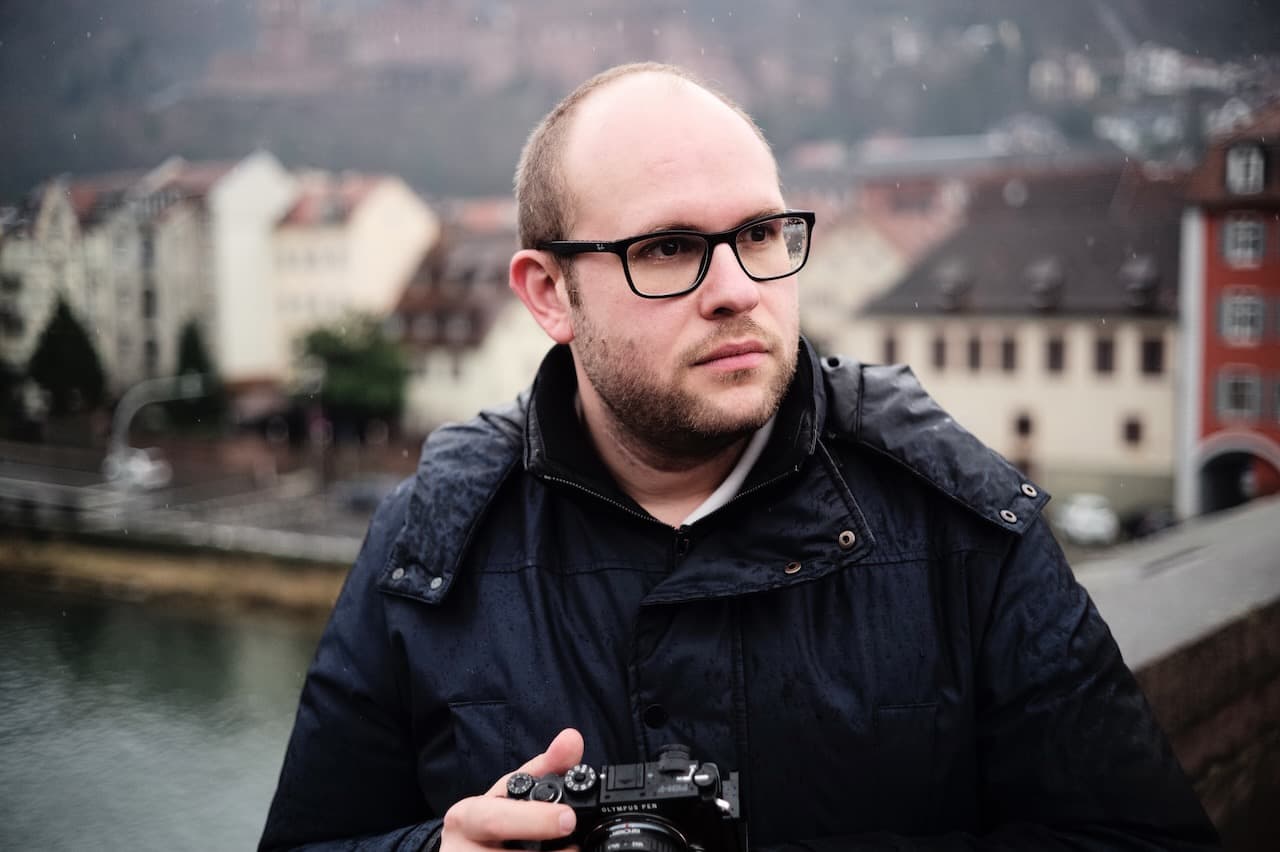 By Jakob Montrasio
By Jakob Montrasio 